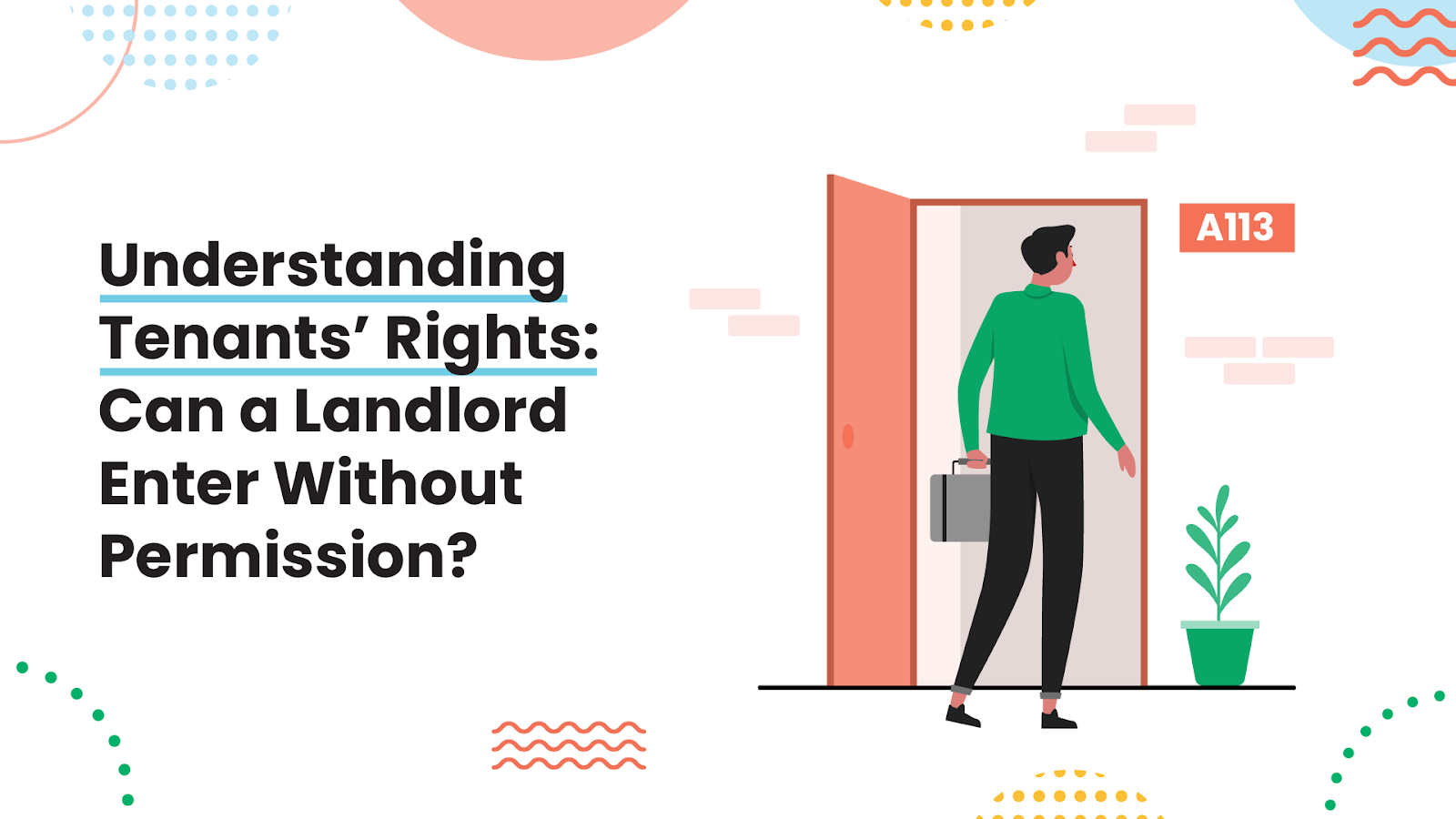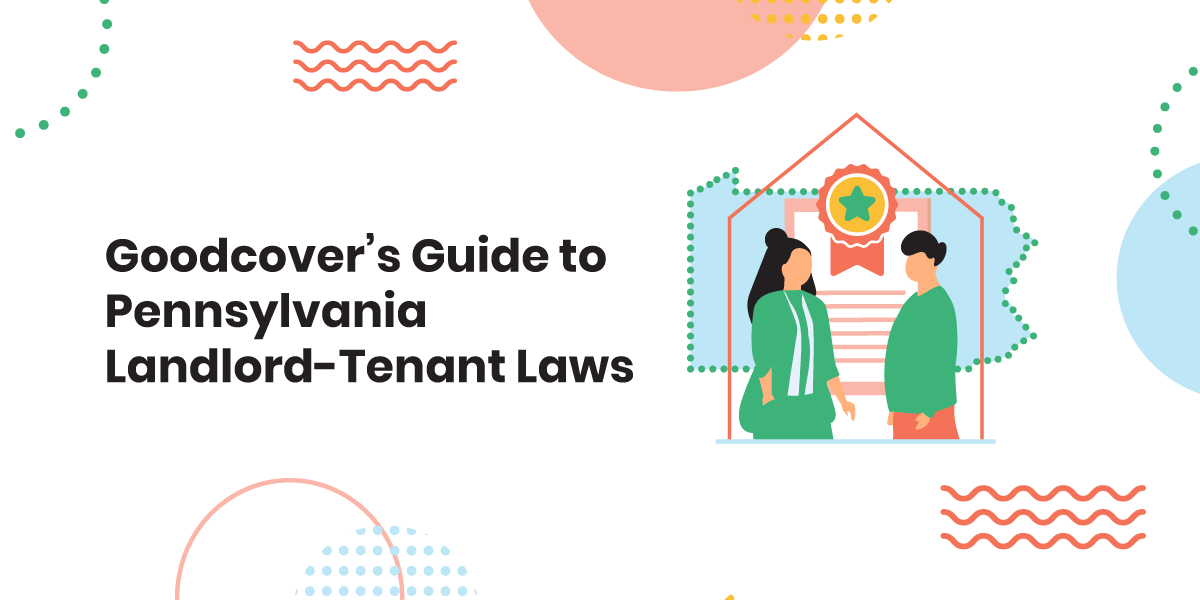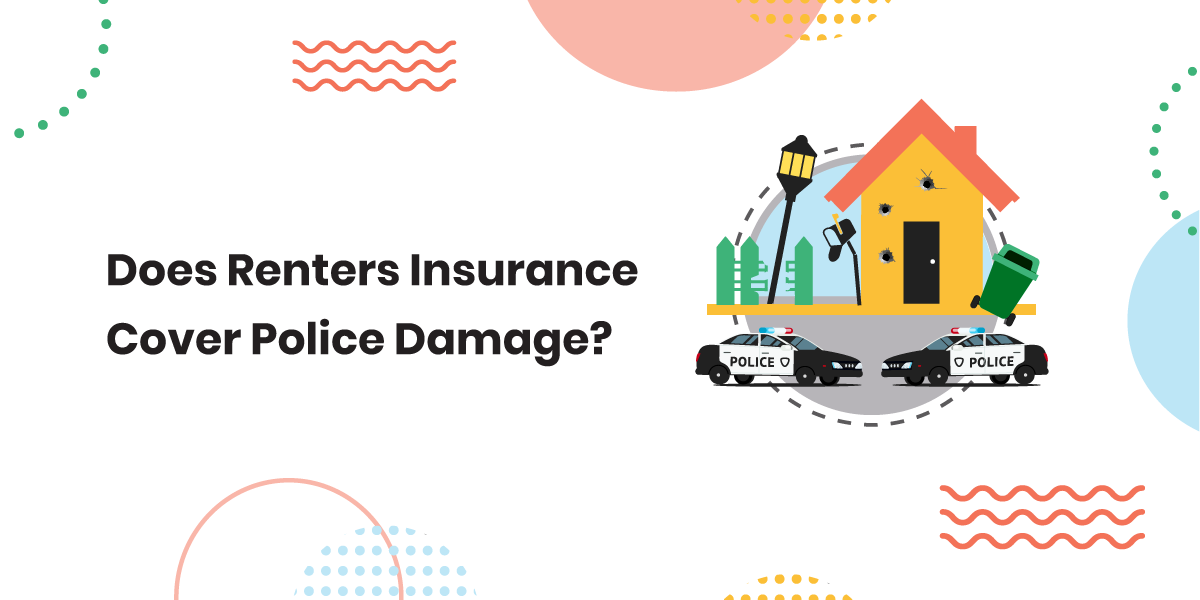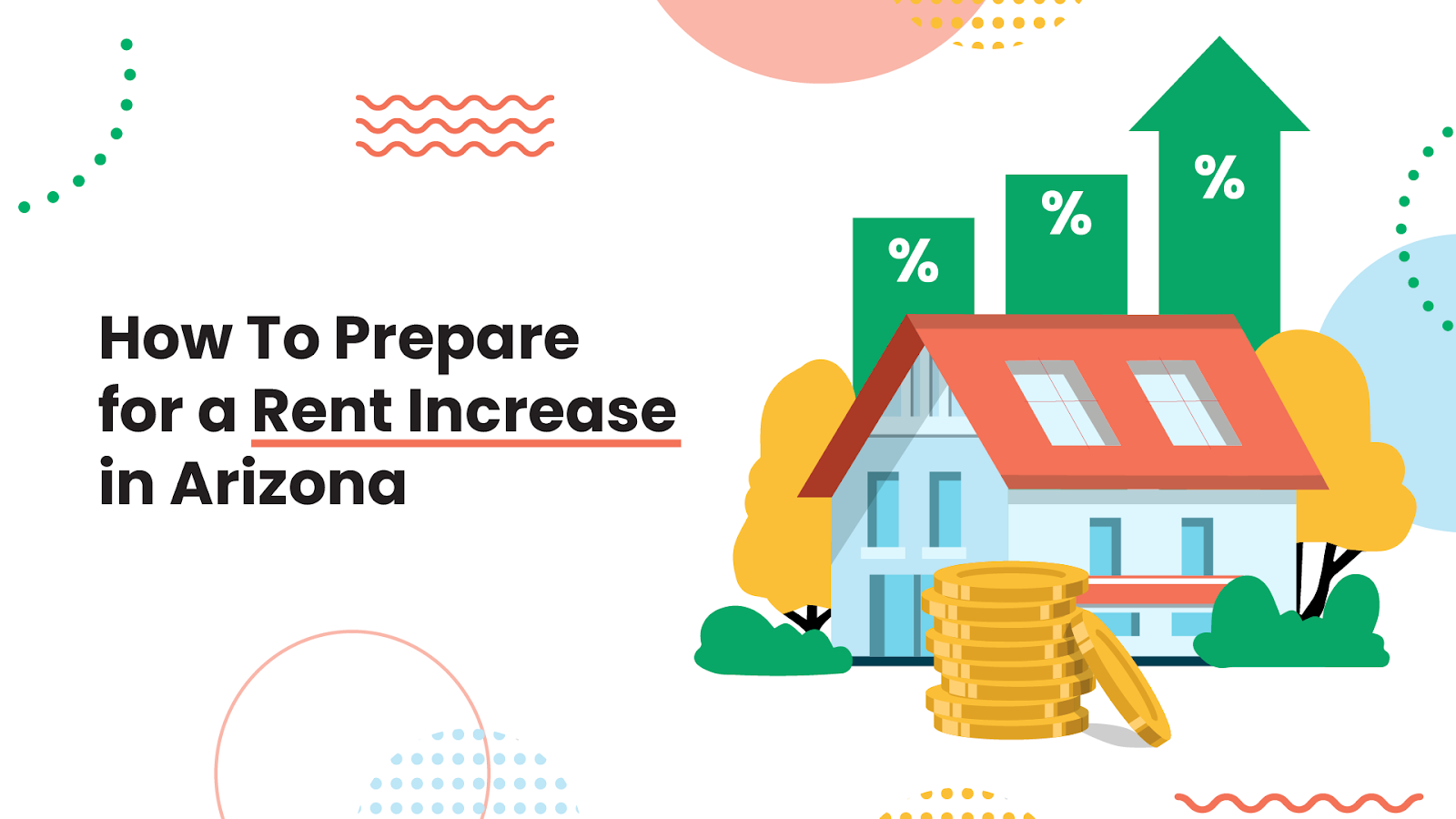Know Your Rights: Can a Landlord Enter Without Permission?
17 Nov 2023 • 5 min read

Your apartment desperately needs repair, and your attempts to schedule a time with the handyman keep failing. To make matters worse, your landlord wants to just give the handyman a key so they can walk in anytime.
Ever wondered about your rights in this situation? In most locations, a landlord can’t just invite themselves into your home—there are rules for when and how they enter, or they might be considered trespassing. But what can you do if your landlord enters without permission?
We’ll cover when and why landlords can enter without permission and what you can do if those rules aren’t followed.
- Can a Landlord Enter My Apartment Without Permission?
- When Can Landlords Enter Without Notice?
- What Can I Do if My Landlord Enters Without Permission?
- Can You Refuse a Landlord Entry?
- State Laws on Landlords’ Access to Rental Properties
- Final Thoughts: Know Your Rights — Can a Landlord Enter Without Permission?
Can a Landlord Enter My Apartment Without Permission?
Landlords may own the property, but while you are living there, they generally don’t have the right to enter your home without permission. They can’t violate your privacy for their convenience.
In most locations, the landlord must provide advance notice before entering a property, except in an emergency.
After all, they have responsibilities to the tenants that require entering the home. These can include:
- Conducting inspections (these could be annual or quarterly inspections, depending on your lease terms).
- Making needed repairs, alterations, or improvements.
- Performing maintenance duties.
- Responding to an emergency (such as a fire or a police chase where a fugitive might be hiding in an apartment).
In addition, if your lease is about to expire, they might need to show prospective tenants, mortgagees, or purchasers the home.
For non-emergencies, most states require prior notice before entering, although state requirements vary.
- Arizona requirement: Two days’ notice.
- California requirement: State statute requires “reasonable notice.”
- Nevada requirement: 24-hour notice.
- Texas requirement: Permission is required instead of notice.
Unless the lease agreement dictates other terms or the tenant consents to other terms, entries into the home must generally occur during reasonable hours or normal business hours, although some states define specific hourly windows.
When Can Landlords Enter Without Notice?
In most states, landlords can only enter without prior written notice for emergency situations. However, some states do not require notice, regardless of the situation.
Emergency situations are immediate threats to property or humans, including:
- Flooding, either natural or from a burst water pipe.
- A fire on the property.
- A gas leak.
- A potentially life-threatening situation.
Usually, a landlord may also enter the home without proper notice if they suspect the property has been abandoned or if they have received a court order to gain access.
In a state that lacks a notice requirement, like Texas, knowing the state and lease rules on when and why your landlord could enter your home is essential. For example, in Texas, the landlord must have your permission to enter unless otherwise stated in the lease. The state doesn’t require notice because the landlord has to talk to you first.
What Can I Do if My Landlord Enters Without Permission?
If the landlord enters your home outside of the lease terms or without permission, it’s often illegal and considered trespassing since you have the right to privacy.
If you feel you are in danger, remove yourself from the situation and call the police.
It is also a good idea to always seek legal advice for the best procedure in your location.
In general, you should always keep records of illegal entries and any evidence, like video recordings. Then, have a polite conversation with the landlord to try to address the issue or send a certified letter detailing the instances when entries occurred and why they are a problem.
If talking to the landlord doesn’t work, you may have to consider taking legal action in small claims court to obtain financial compensation. If your state forbids entry without permission, like Texas, you can often file a complaint with the local housing authority.
Your local or state tenant association can often help guide you through how to best handle problematic entries in your location and assist you in finding legal help.
Also, you can help protect your personal property by keeping renters insurance like Goodcover in case something is broken during an unauthorized entry.
Can You Refuse a Landlord Entry?
While the answer to can a landlord enter without permission is “sometimes,” you still need to remember you can’t always refuse to let a landlord into your home. In many cases, no, you cannot deny a landlord entry.
A landlord generally has the right of entry to your home for legitimate reasons (like those mentioned earlier). So, sometimes your landlord has the legal right to enter even if you don’t want them to, and if you deny them entry in those cases, your landlord could take you to court or even evict you.
State Laws on Landlords’ Access to Rental Properties
While most states have statutes that outline when and why a landlord can access an occupied rental property, the laws vary by state. If your state doesn’t have a statute, check if your lease agreement outlines when the landlord can enter your home.
Below are examples of state rules on a landlord’s right to entry.
Arizona
Landlords can enter the property with consent or in case of an emergency. Meanwhile, tenants are forbidden from withholding consent for entry at reasonable times for inspections, repairs, or for showing the rental property to contractors or potential buyers and tenants.
California
In California, landlords can enter to show the property to potential buyers, renters, or repair workers. They may also enter to respond to an emergency, in case of abandonment, if they have a court order, or to make agreed-upon repairs or alterations.
Nevada
Landlords can enter rental units in case of emergencies, for repair work, to conduct inspections, show the rental unit to potential tenants or buyers, if the property has been abandoned, or if tenants fail to comply with a 14-day notice to carry out repairs.
Texas
In Texas, unless allowed by the lease terms, the landlord has no right to enter your home without your permission except when responding to an emergency and performing repairs or inspections.
Final Thoughts: Know Your Rights — Can a Landlord Enter Without Permission?
Understanding when a landlord can and can’t enter your home is essential. And when you add in renters insurance, you can add to your peace of mind.
At Goodcover, we provide modern renters insurance and pay our Members annual dividends. We can also help make your switch to Goodcover easy by helping you cancel your current policy.
Get a quote today and find out what you could save with Goodcover.
Note: This post is for informational purposes; insurance regulation and coverage specifics vary by location and person. Check your policy for exact coverage information.
For additional questions, reach out to us – we’re happy to help.
More stories
Team Goodcover • 19 Aug 2024 • 10 min read
Colorado Rent Increase Laws: A Comprehensive Guide for Renters
Team Goodcover • 8 Aug 2024 • 4 min read
Is it Legal for Property Managers to Demand Rent Early?
Team Goodcover • 3 Apr 2024 • 6 min read
Goodcover’s Guide to Pennsylvania Landlord-Tenant Laws
Team Goodcover • 9 Feb 2024 • 5 min read
Does Renters Insurance Cover Personal Property Damage Caused by Police?
Team Goodcover • 26 Dec 2023 • 6 min read




